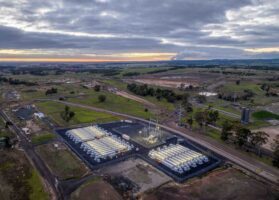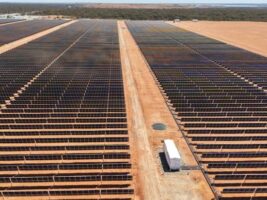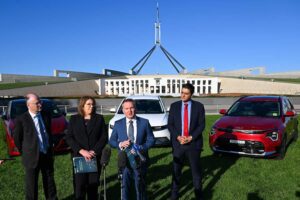The reduction of a solar feed-in tariff in Queensland announced by Premier Campbell Newman is a rational, timetabled change to the feed-in tariff structure.
The Premier has offered forward notice to the industry and customers, allowing forward planning and a 12 month installation timeframe for installations, and provides solar businesses the opportunity to make structural adjustments in an evolving market.
The continuously falling prices of solar photovolatics mean that, by the end of next year, even the small remaining subsidies for solar will no longer be needed to drive solar installations – it will simply make financial sense for a home or business owner to install solar than to but electricity from the grid.
With a carbon price being added to grid based electricity generation, the sunshine falling on your roof becomes even more valuable as of 1 July 2012.
The reduction of the feed-in tariff means the price being offered for electricity exported from domestic solar generation falls below parity price of imported energy – the logical response for solar installation will be for customers to move to smaller solar panel installations that meet self-supply demand rather than large installations on a roof that are geared to export.
This will, in the long term, potentially provide a better structural outcome for the Queensland grid – and will likely further enhance electricity quality and reliability throughout, and continued installation of solar will always amount to lower network costs through upgrades to poles and wires, and will avoid the need for investment in new fossil-fuel based generation.
Better still, solar power will still deliver electricity to their homes direct from their roof tops that will reduce the household electricity bill, and also reduce costs pressures on electricity networks keeping overall prices down too.
For anyone with a mortgage, savings from installing solar redirected to mortgage repayments can take years off of your mortgage, and any business on standard business tariffs will find that the price of electricity from solar panels will prove much cheaper.
Ray wills is a Board Member and Chief Adviser of the Sustainable Energy Association






